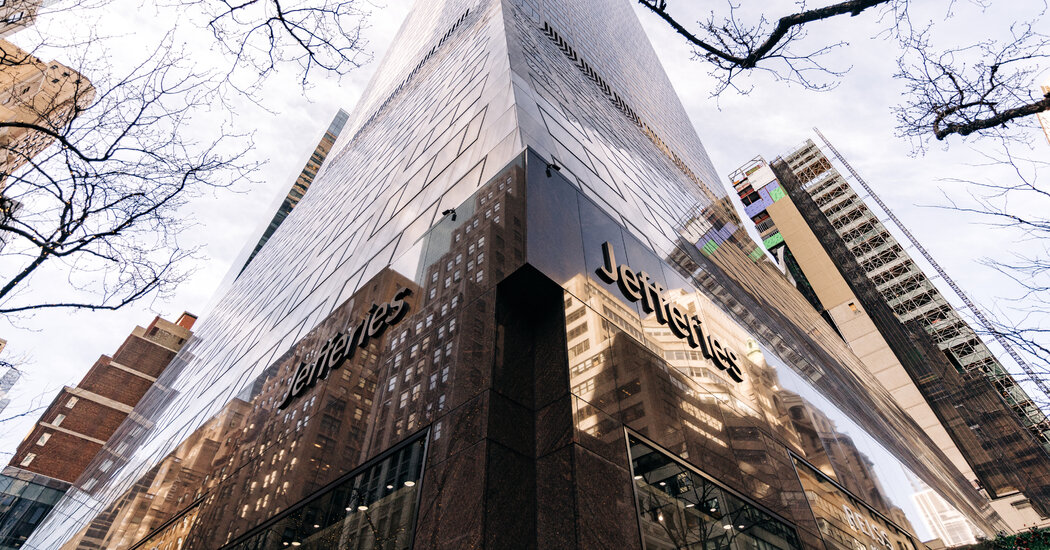Wall Street brokers are circling the ruins of FTX, offering to pay the crypto exchange’s clients pennies on the dollar for the bankruptcy rights to their captured money and cryptocurrency on the platform, before attempting to sell those rights to specialist hedge funds .
Investment bank Jefferies and brokers Seaport Global and BTIG are among a number of Wall Street firms trying to estimate the potential value of the captured assets, according to people — two for each firm — with direct knowledge of their plans.
Given the complex nature of the bankruptcy process, it could take years for any of FTX’s clients to get their money back, and they will likely receive only a small portion of what they deposited. So the financial firms are competing to buy customers’ claims on those assets now at a discount and then make a profit when some of the money is eventually transferred.
The practice is common in bankruptcies, allowing investors to get some of their money back sooner by passing the rights to specialist firms willing to take on a legal battle to pursue profits.
Still, given the uncertainty of the bankruptcy process and even whether any of the FTX funds are available, the going rate for the claims is just a few cents per dollar.
Seaport declined to comment. Representatives for Jefferies and BTIG did not immediately respond to requests for comment.
In the wake of the FTX collapse, some trading has taken place on Claims Market, an online marketplace for bankruptcy claims operated by Vladimir Jelisavcic at Cherokee Acquisition, a financial firm focused on bankruptcy. “We buy claims”, Mr Jelisavcic wrote on Twitter on Friday: offering to buy claims at 6 cents on the dollar and sell them at 10 cents.
Some specialist investors who had been given the opportunity to buy claims said they were still doing the analysis needed to understand whether the transaction was likely to be profitable.
One issue, they said, is whether assets taken from the exchange by customers in the days and weeks leading up to FTX’s bankruptcy filing could be recovered in court proceedings, so those customers would not benefit.
FTX filed for bankruptcy last Friday, after a run on deposits left the company with an $8 billion hole in its accounts. That has left FTX’s clients in a precarious position, with billions of dollars in assets tied up on the platform.
Before the sudden collapse, FTX was considered one of the most reliable companies in the loosely regulated crypto industry. It ran extensive marketing campaigns to encourage amateur investors to start buying cryptocurrency.
Now the implosion has effectively erased those people’s savings. The bankruptcy is the biggest of several financial meltdowns in a cathartic year for the crypto industry. Following a market crash this spring, two crypto lenders, Celsius Network and Voyager Digital, have filed for bankruptcy, kicking off months of legal maneuvering over how their assets should be divided.
Not long before it filed for bankruptcy itself, FTX won an auction to buy Voyager’s remaining assets.

